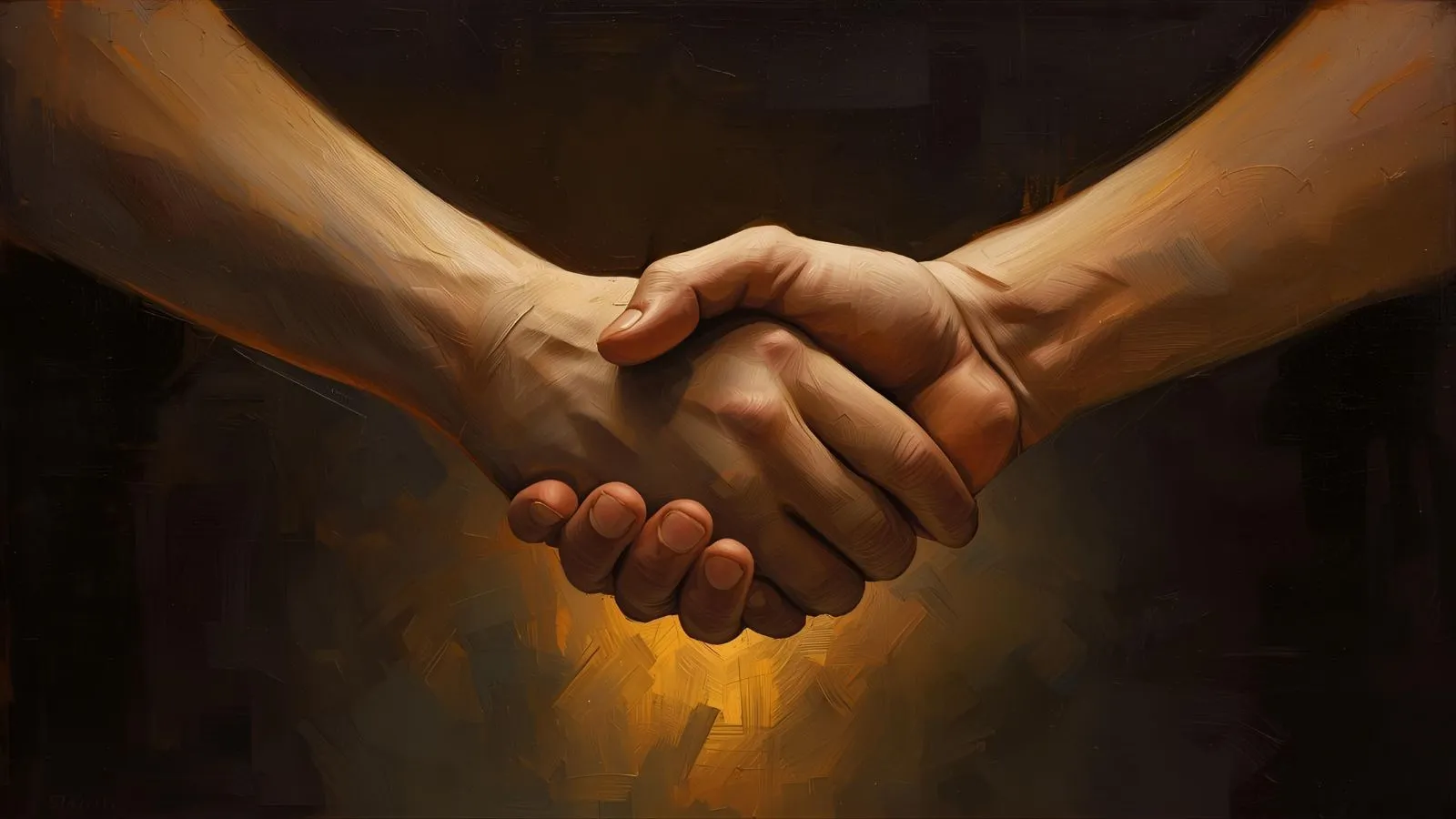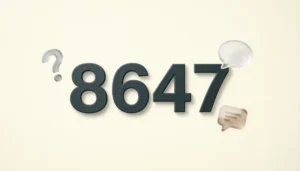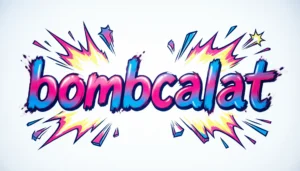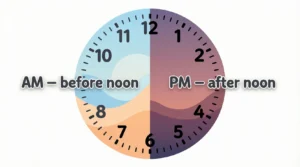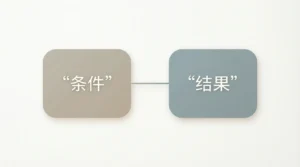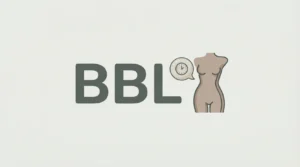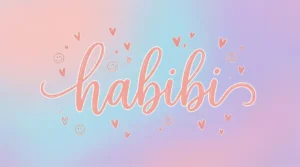Ever scrolled through a comment thread or group chat and saw someone call another person an “ally” and thought… “Wait, is this slang?
A compliment? A role?” I’ve been there too wondering if it’s about friendship, support, or something deeper.
The word pops up everywhere now, from TikTok discussions to supportive Instagram captions, so it’s normal to feel confused at first.
Quick Answer: Ally means “a supportive friend or someone who stands with a person or group.” It’s a respectful, positive, and empowering way to say someone supports another person’s identity, cause, or struggle.
What Does Ally Mean in Text?
In texting and social media, ally refers to someone who supports, defends, or stands up for another person or community, especially in contexts like equality, rights, or emotional support.
It can be used to describe someone who is part of the conversation with empathy, even if they aren’t part of the group they’re supporting.
Example:
“Thanks for speaking up for me — you’re such an ally ❤️”
In short: Ally = Supporter = Someone who stands with you or your community.
Where Is Ally Commonly Used?
People use “ally” across various online spaces to show support, empowerment, or solidarity:
- TikTok videos 🕺
- Instagram captions 📸
- Twitter/X discussions 🐦
- Snapchat private chats 👻
- Reddit communities 💬
- WhatsApp & Messenger texting 💭
It’s mostly used in casual, positive, and social awareness contexts — not formal business settings.
Examples of Ally in Conversation
A: i loved how u backed me up today
B: ofc, always your ally 🤝
A: she’s such an ally to our group
B: fr, she always listens and supports
A: thanks for defending me earlier
B: that’s what allies do ❤️
A: do u think he’s an ally?
B: yeah, he’s super supportive
A: ur such an ally for speaking up
B: always here for u 💛
A: love how you support everyone
B: just trying to be a good ally 🫶
When to Use and When Not to Use Ally
✅ When to Use
- When appreciating someone’s support
- When discussing social issues or personal struggles
- When describing someone who stands up for others
- When complimenting kindness or empathy
- When calling out supportive behavior
❌ When Not to Use
- In formal work emails
- In legal, medical, or professional communication
- When the person doesn’t desire the label
- In sarcastic or mocking contexts
- When you’re unsure someone truly behaves like an ally
Comparison Table
| Context | Example Phrase | Why It Works |
|---|---|---|
| Friend Chat | “you’re such an ally 😄” | Friendly & appreciative |
| Social Media | “thanks for being an ally” | Supportive and positive |
| Work Chat | “i appreciate your support” | Professional wording |
| “thank you for your assistance” | Clear & formal |
Similar Slang Words or Alternatives
| Slang / Word | Meaning | When to Use |
|---|---|---|
| Supportive | Someone who helps emotionally | Friendly conversations |
| Advocate | A person who speaks up for others | Serious or social issue contexts |
| Bestie | Close supportive friend | Casual, playful chats |
| Real one | Someone loyal and dependable | Informal texting |
| Homie | Trusted friend | Casual and friendly contexts |
| Backbone | Someone who stands by you | Emotional or appreciative chats |
FAQs About Ally
Is “ally” slang or a real word?
Both — it’s a real English word but used widely as slang in social contexts.
Is calling someone an ally a compliment?
Yes! It shows respect and appreciation.
Does ally mean friendship?
Not exactly, but it often overlaps with supportive friendship.
Can someone call themselves an ally?
Yes, but it’s more meaningful when others recognize it.
Is “ally” used only for social causes?
No. You can use it in personal relationships or any situation involving support.

Stuck on what to say? ReplyResponses.com gives you clever, funny, and savage comebacks for every moment — because silence isn’t golden when you can drop a perfect reply!
